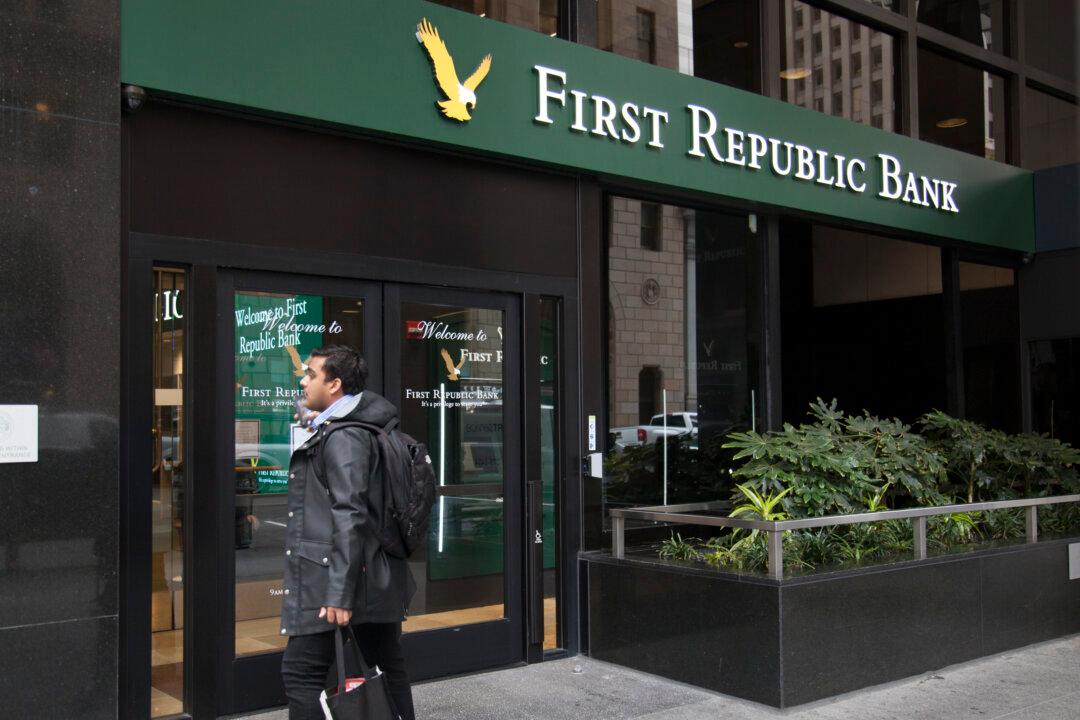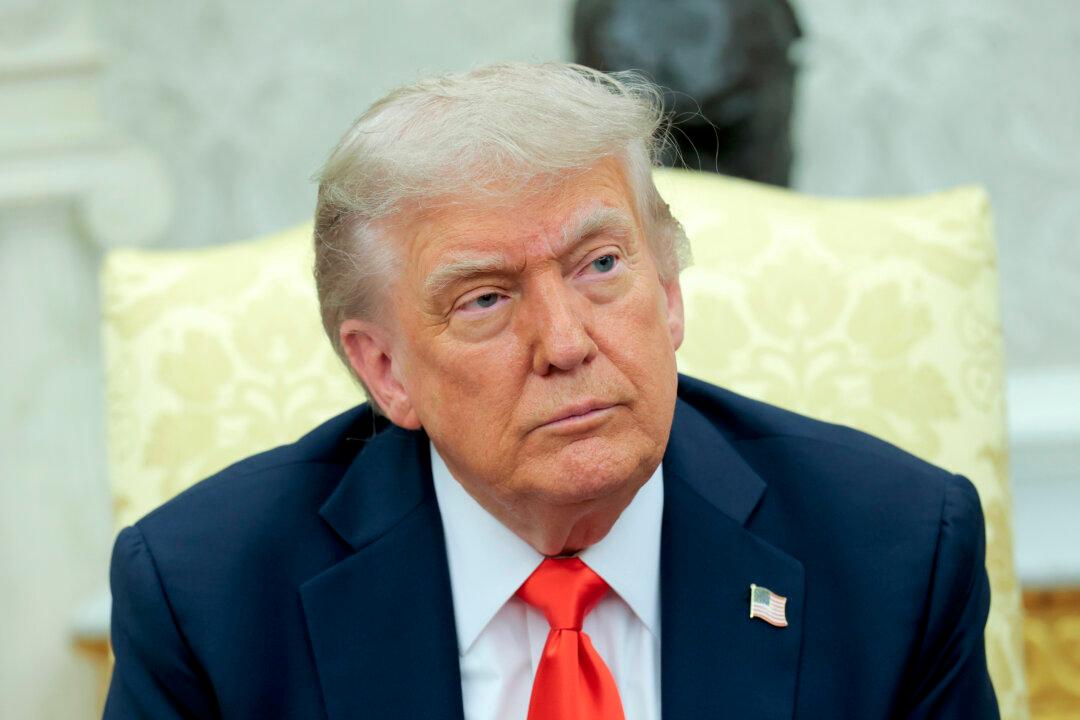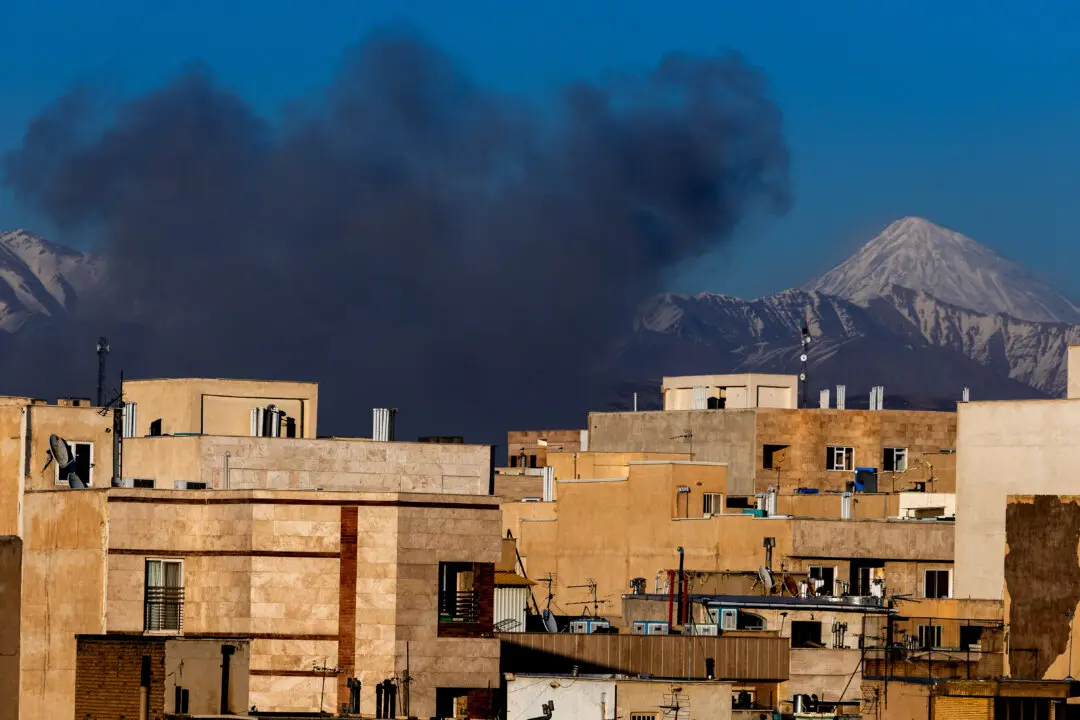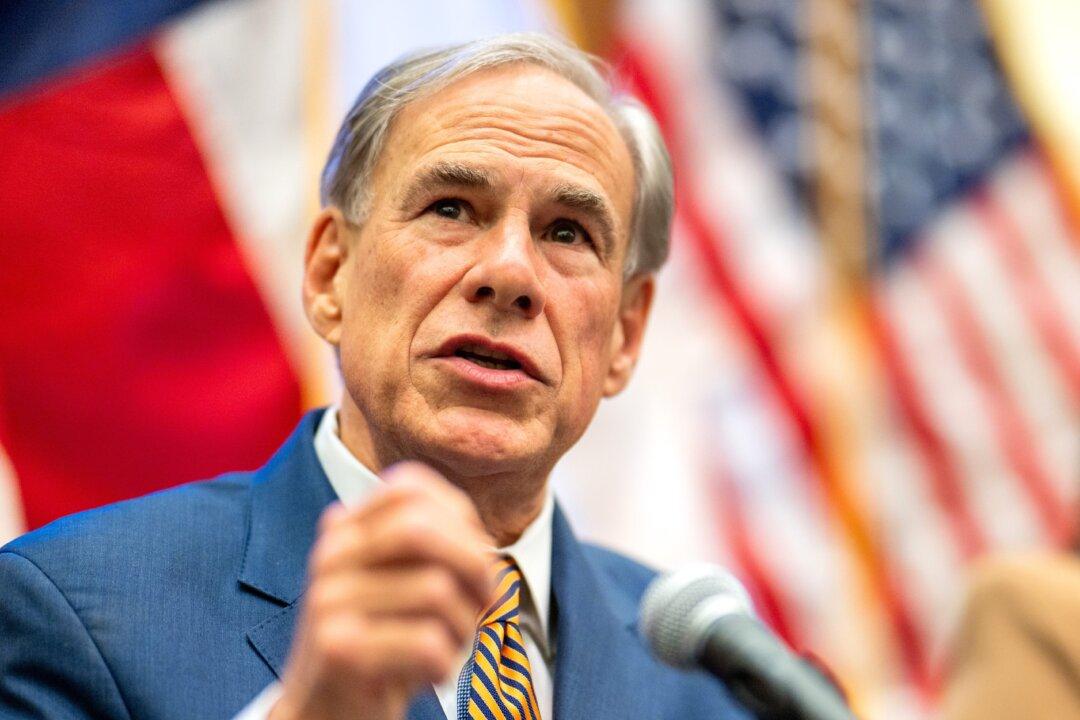First Republic Bank will receive $30 billion from some of the top U.S. banks in a bid to stabilize the troubled firm, the banks confirmed in a March 16 joint statement.
Eleven of the largest U.S. financial institutions will provide an infusion to the bank following a volatile week that saw the lender’s shares plunge following the collapse of Silicon Valley Bank (SVB) last week, the institutions stated, confirming anonymously sourced reports that there were discussions to shore up First Republic.





